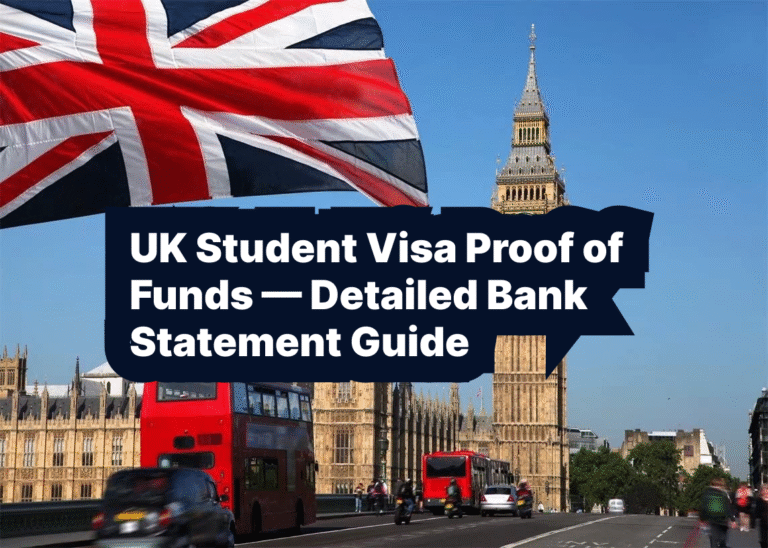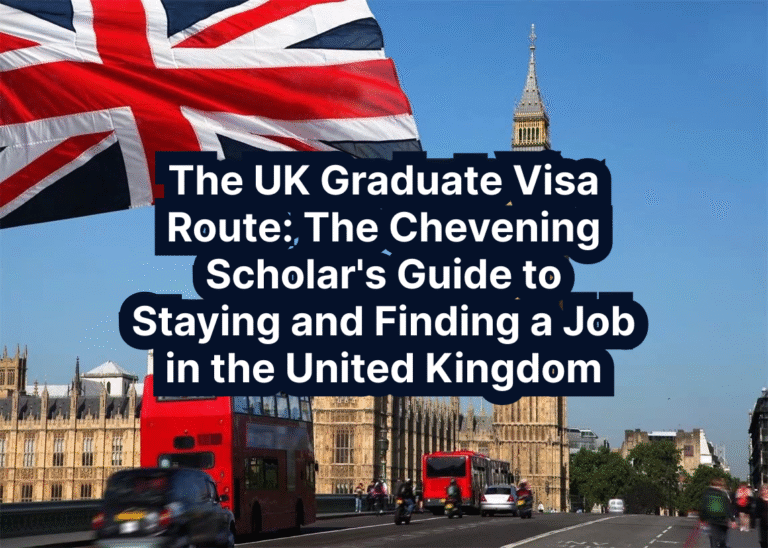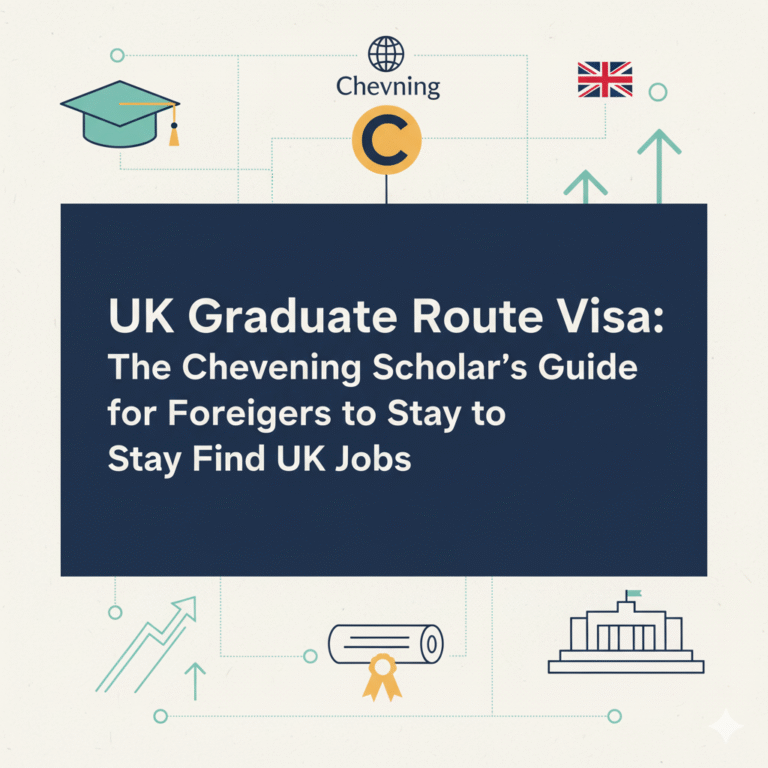The dream of studying in the United States is alive for many Nigerians. With its world-class universities, diverse campus cultures, and advanced research opportunities, the USA is one of the top study destinations for Nigerian students. However, there’s one big challenge—tuition fees.
Unlike in Nigeria, where public universities can be relatively affordable, American institutions often charge international students two to three times more than local students. Add to that living expenses, health insurance, and textbooks, and the cost can easily reach $40,000–$60,000 per year.
The good news? You don’t always have to take on debt. Grants and scholarships can cover a large portion of your costs, allowing you to focus on your studies instead of worrying about money.
Understanding the Difference Between Grants and Scholarships
Before applying, you should understand the two main forms of financial aid available:
- Scholarships: Think of a scholarship as a prize. It is a merit-based award given to students who demonstrate excellence in a particular area. This could be outstanding academic performance, exceptional athletic talent, remarkable artistic ability, proven leadership skills, or significant community service. Scholarships are a way for institutions and organizations to attract and reward top talent.
- Grants: Think of a grant as a helping hand. It is a need-based award given to students who demonstrate that they cannot afford the full cost of their education. Grants are typically provided by governments, universities, or private foundations with the mission of making education accessible to everyone, regardless of their financial background.
The Key Takeaway for Nigerian Students: This distinction is critical. Most major US federal grants, like the famous Pell Grant, are reserved for US citizens and eligible non-citizens (like permanent residents). Therefore, as an international student from Nigeria, your primary focus should be on securing scholarships from universities and grants from private organizations and foundations.
For Nigerian students, most funding will come from university scholarships or private grants, as federal grants in the USA are usually limited to citizens and permanent residents.
Types of Scholarships for Nigerian Students in the USA
There are several categories of scholarships available:
- Merit-Based Scholarships: These are the most common type. They are awarded for exceptional academic records.
- Need-Based Scholarships: These are for students who can clearly demonstrate financial hardship. Many private US universities have large endowments and are committed to helping admitted international students who cannot cover the full tuition.
- How to apply: You will often need to fill out a separate financial aid form, like the CSS Profile, which details your family’s income, assets, and expenses.
- Athletic Scholarships: If you excel in a sport, you could be eligible for a full or partial scholarship. US universities have highly competitive sports programs.
- Popular sports: Track and field, basketball, soccer, and American football are major areas where African athletes have found success. You will need a strong athletic portfolio, including highlight videos and performance statistics.
- Program-Specific Scholarships: Universities often use scholarships to attract talented students to specific fields of study.
- Examples: You might find scholarships specifically for students entering Engineering, Computer Science, Nursing, Public Health, Agriculture, or the Arts. If you have a clear career path, look for funding tied to your major.
- Cultural and Diversity Scholarships: Many US institutions value a globally diverse student body and offer scholarships specifically for international students, particularly those from underrepresented regions like Africa.
US Government and State-Funded Opportunities
While Nigerian students can’t access most federal grants like Pell Grants, some state-funded programs and public institutions offer aid:
- Fulbright Foreign Student Program: This is one of the most prestigious international exchange programs in the world. Sponsored by the U.S. government, it offers fully funded scholarships for Nigerian graduate students and young professionals to study and conduct research in the United States. It is highly competitive and a significant honor to receive.
- EducationUSA Opportunity Funds Program: This program is a lifesaver for high-achieving, low-income students. It does not pay for your tuition, but it covers the upfront costs of applying to US universities. This includes fees for standardized tests (SAT, TOEFL, GRE), college application fees, and even airfare to the US if you secure admission with full funding. Contact the EducationUSA advising center in Abuja or Lagos for details.
- State University Scholarships and Waivers: Many public (state-funded) universities are eager to attract top international talent. While they may not offer full scholarships, they often provide partial tuition waivers. This means you might be allowed to pay the lower “in-state” tuition rate instead of the much higher “out-of-state/international” rate, potentially saving you tens of thousands of dollars.
Private and NGO Scholarships for Nigerians
Many private organizations and foundations offer funding to African students:
- MasterCard Foundation Scholars Program: This is a comprehensive scholarship program providing full financial support to academically gifted young leaders from Africa. It partners with top universities like Arizona State University, University of California, Berkeley, and Michigan State University. The program covers tuition, accommodation, books, and a stipend, and includes a strong focus on leadership development.
- AAUW International Fellowships: The American Association of University Women (AAUW) offers these prestigious fellowships for Nigerian women pursuing full-time graduate or postdoctoral study in the United States. It’s a highly sought-after award to support female leadership and scholarship.
- P.E.O. International Peace Scholarship: This fund provides grants of up to $12,500 for women from other countries pursuing graduate degrees in the U.S. or Canada. The focus is on empowering women who will return to their home countries to become leaders.
- Rotary Foundation Global Grants: The Rotary Foundation offers grants for graduate-level coursework or research for one to four academic years. These grants are for students whose studies align with one of Rotary’s causes, such as peace and conflict resolution, disease prevention, or economic development. You typically need to connect with a local Rotary club in Nigeria to start the process.
How to Apply for Grants and Scholarships Successfully
Getting a scholarship is competitive, but not impossible. Here’s how to stand out:
- Start Early: Begin your research and preparation at least 12-18 months before you plan to start your studies. This gives you time to study for tests, write compelling essays, and meet all deadlines without rushing.
- Perfect Your Personal Statement/Essay: This is your chance to tell your story. Don’t just list your achievements. Weave a narrative that connects your past experiences in Nigeria, your academic passions, and your future goals. Explain why you need the scholarship and how a US education will help you make an impact back home.
- Secure Strong Recommendation Letters: Don’t just ask any teacher. Ask professors, mentors, or employers who know you well and can speak to your character, intelligence, and potential. Provide them with your resume, personal statement, and information about the scholarship well in advance.
- Ace Your Standardized Tests: For many merit-based awards, your scores matter. Dedicate serious time to preparing for the SAT/ACT (undergrad), GRE/GMAT (grad), and the TOEFL/IELTS (English proficiency). High scores can open doors to more funding.
- Apply to Multiple Opportunities: Do not put all your hopes on one scholarship. It’s a numbers game. You should apply to at least 10-15 different scholarships—a mix of large, competitive awards and smaller, niche ones.
Avoiding Scholarship Scams
Sadly, many Nigerian students have fallen victim to fake scholarship offers. Common red flags include:
- They ask for money. Legitimate scholarships never ask for a “processing fee,” “application fee,” or “transaction fee.” If they ask you to pay, it is a scam.
- The communication is unprofessional. Watch out for emails from generic domains (like @gmail.com or @yahoo.com instead of an official university @edu address), poor grammar, and spelling mistakes.
- They guarantee a scholarship. No legitimate scholarship is guaranteed. They are all competitive.
- There are no clear selection criteria or contact information. A real scholarship will have a clear website, eligibility requirements, and a verifiable physical address or phone number.
Rule of Thumb: Always verify an opportunity through an official source like the EducationUSA Nigeria office, the university’s official financial aid website, or a trusted scholarship database.
Balancing Work and Studies While on Scholarship
Even with full funding, you may still want extra money for personal expenses. Many Nigerian students in the USA work part-time on campus through the F-1 visa student work program. This can help you gain work experience while earning a little extra cash.
Where to Find Reliable Scholarship Listings
Some trusted platforms to find legitimate opportunities include:
- EducationUSA Nigeria: Your number one resource. Their advising centers in Abuja and Lagos offer free, unbiased guidance and a list of verified scholarships.
- Official University Websites: Go directly to the “Admissions” or “Financial Aid” section of the universities you are interested in. They will list the scholarships they offer to international students.
- Scholarships.com & Fastweb.com: These are massive, searchable databases. You can create a profile and get matched with opportunities, but you will need to filter through many results.
- ProFellow.com: An excellent resource specifically for finding fellowships and funding for graduate and professional-level studies.
- InternationalStudent.com: A dedicated site with scholarship listings and financial aid advice for international students.
Conclusion
Studying in the USA as a Nigerian student can be expensive, but with the right research and preparation, you can secure funding that covers most—if not all—of your costs. Scholarships and grants are your ticket to a world-class education without the burden of massive student loans. Start your search now, apply early, and give yourself the best chance of success.







